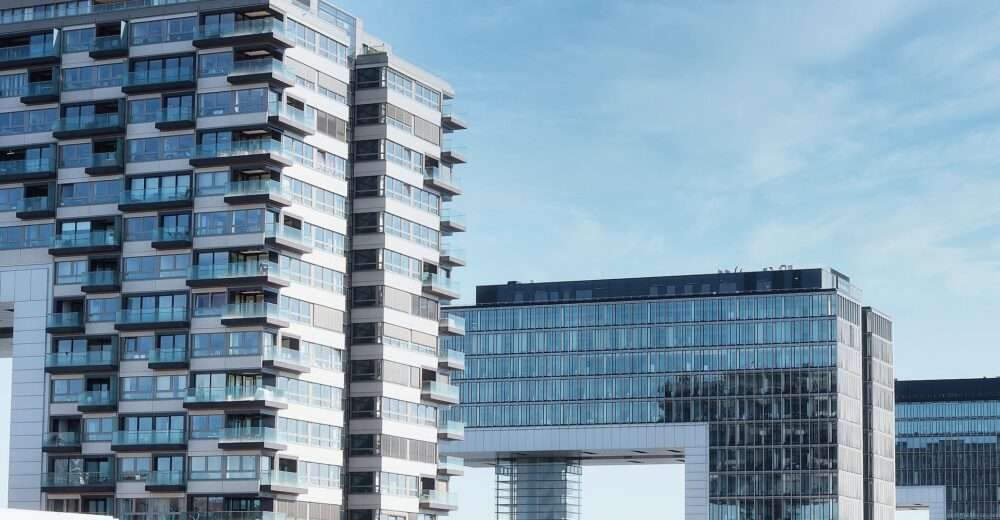Building regulations are a set of rules and standards that govern the design
, construction and modification of buildings in order to ensure the health, safety, welfare and comfort of those who use them.
Building regulations are an important part of the building process and are designed to protect people from harm, conserve natural resources and promote sustainable development.

What are the building regulations?
Building regulations are legal requirements that ensure the safety, health, and welfare of the people who live, work, or use buildings.
Regulations are mandatory standards that must be met when constructing new buildings, making changes to any existing building, or carrying out any type of work on a building.

The importance of organizing construction in construction projects
When starting a construction project, it is important to apply for building regulations approval or submit a building notice application before work begins.
This includes providing detailed plans and structural calculations for the proposed work, as well as showing how the project will comply with the minimum standards set out in the Building Regulations.
Building regulations approval can be obtained either by contacting the building control or by using an approved inspector.
Building control officers are also appointed by local authorities and can provide guidance on how to meet building regulations, and
Conduct site inspection and issue completion certificate.
In many countries, a certified inspector is a private sector company that performs similar functions.
Including approving plans, conducting a site inspection and issuing a certificate of completion.
If construction work has already been carried out without the approval of the Building Regulations,
it may be possible to obtain retroactive approval by submitting an application for a settlement certificate.
This includes providing evidence that the work has been completed to a satisfactory standard and meets the Building Regulations, however,
This process can be more expensive and time consuming than obtaining approval before work begins.
Building regulations cover a wide range of issues, including structural alterations, electrical work, and sanitation.
It also applies to loft conversions and any other changes to the floor area of an existing building,
A building control fee is normally charged on all building regulation applications.
Failure to comply with the regulations can result in a fine or even legal action.
Building regulations are essential to ensure that construction projects are carried out safely and to a high standard.
They help protect the health and safety of the people who use the buildings, as well as protect the environment.
If you are planning a construction project, it is important that you understand the building regulations that apply to your project
and to seek appropriate building control approval before commencing any work.
The purpose of building systems
The primary purpose of building regulations is to protect the health and safety of the public.
This is achieved through regulations that ensure that buildings are structurally safe.
And they do not pose a danger to their occupants or the general public.
Other major purposes of building regulations include conserving fuel and energy,
providing access and facilities for people with disabilities,
and enhance fire safety.

Health and safety protection
Building regulations are designed to ensure that buildings are safe and healthy to live and work in.
This includes measures such as adequate ventilation, proper sanitation facilities,
and the use of non-toxic building materials.
Save fuel and energy
Building regulations aim to reduce energy consumption and promote the
use of renewable energy sources by setting standards for energy efficiency and the use of sustainable building materials.
Access and facilities for people with disabilities
Building regulations require that buildings be accessible to persons with disabilities
and that appropriate facilities, such as ramps and toilets for the disabled, be provided.
Fire safety
Building regulations include requirements for fire safety measures such as smoke alarms,
fire doors, and fire-resistant building materials.
Structural safety
Building regulations aim to ensure that buildings are structurally sound and able
to withstand the loads to which they will be subjected, including wind, rain and snow.
Preserving natural resources
Building regulations encourage the use of sustainable building materials and construction techniques,
as well as the conservation of water resources through the use of efficient plumbing fixtures and fittings.
Challenges of recruiting manpower in the contracting industry










